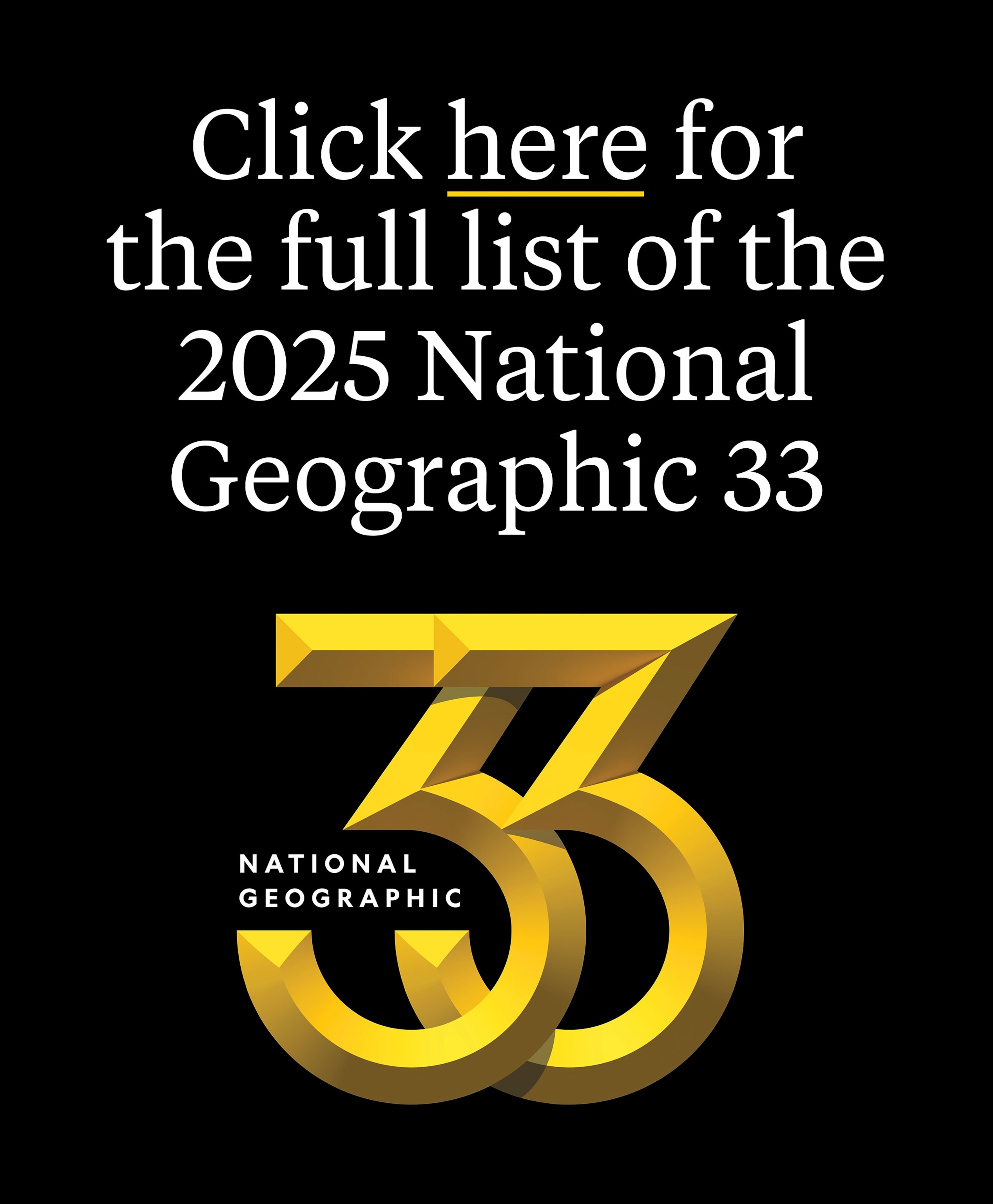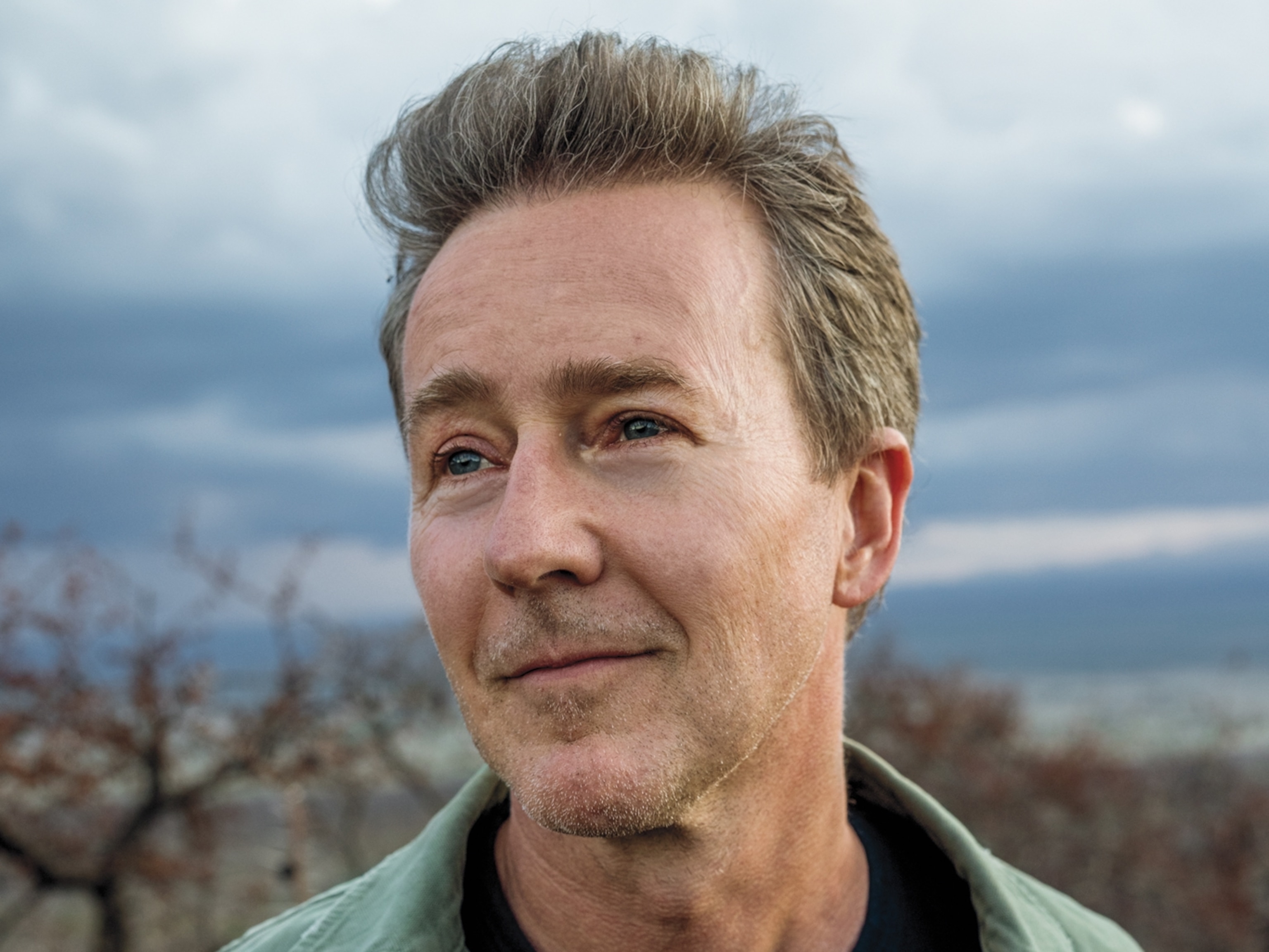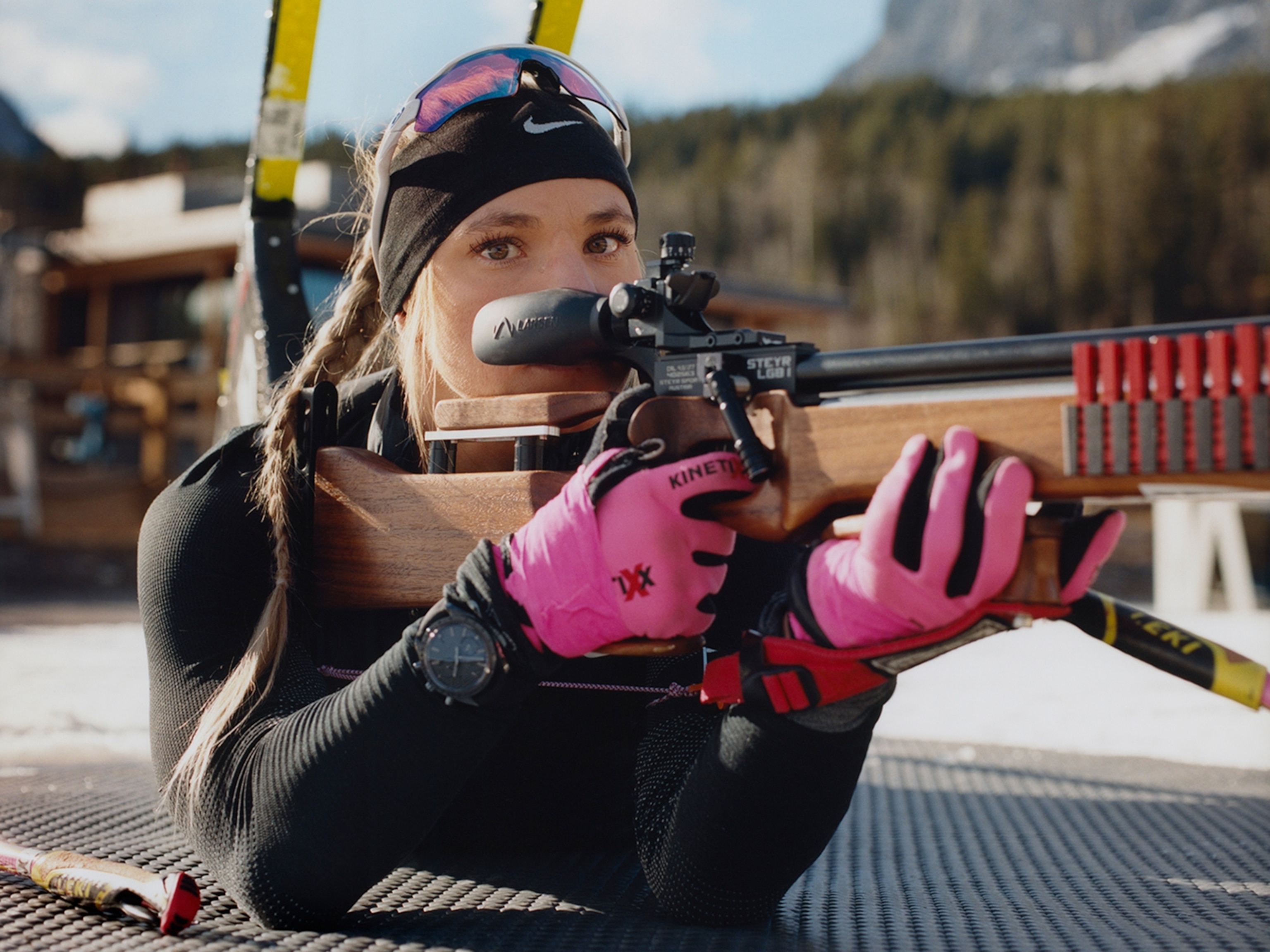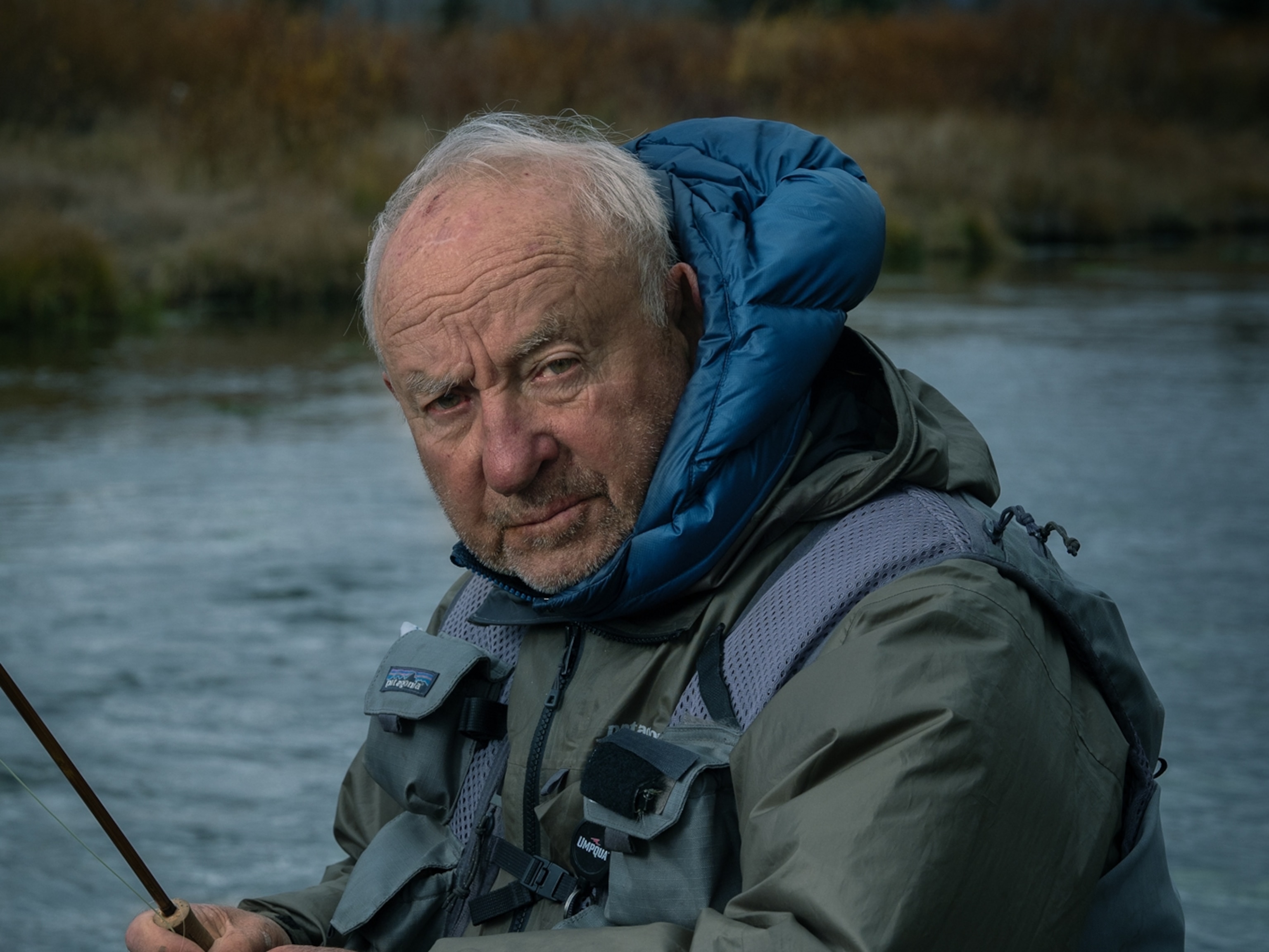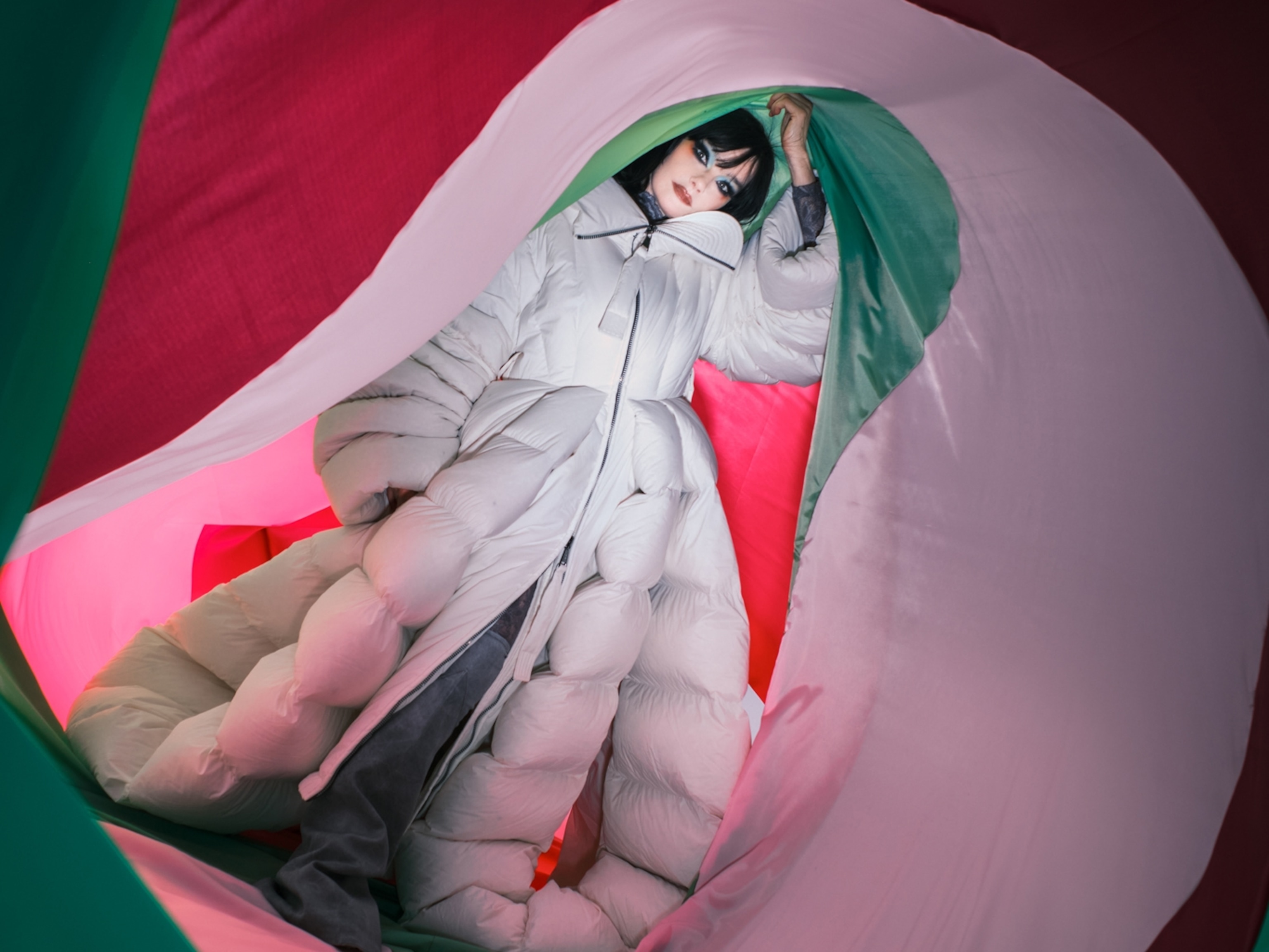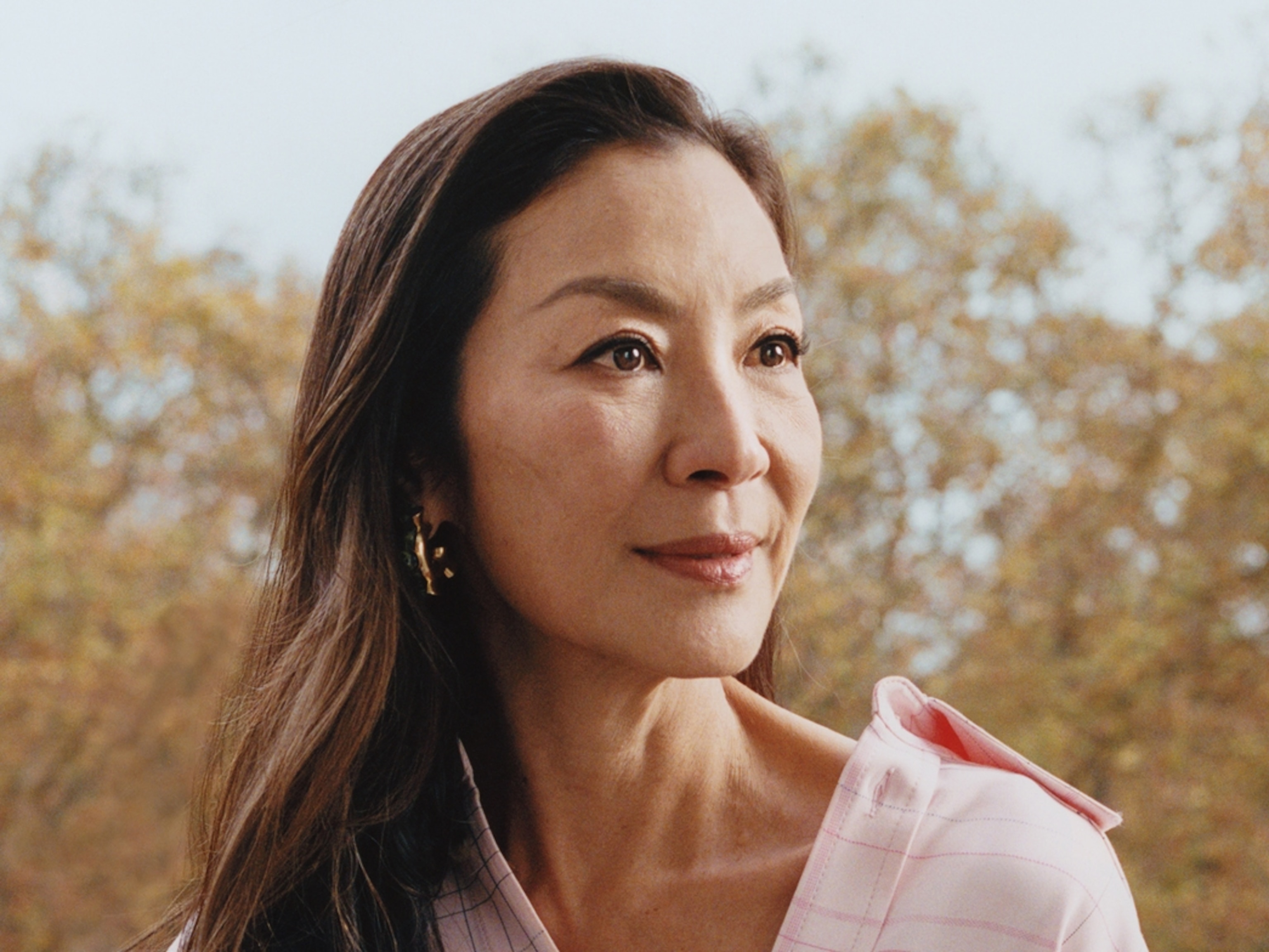How Don Cheadle joined the climate change avengers
A conversation with a Marvel co-star led Cheadle to a new way for him to take action against climate change and racial injustice.
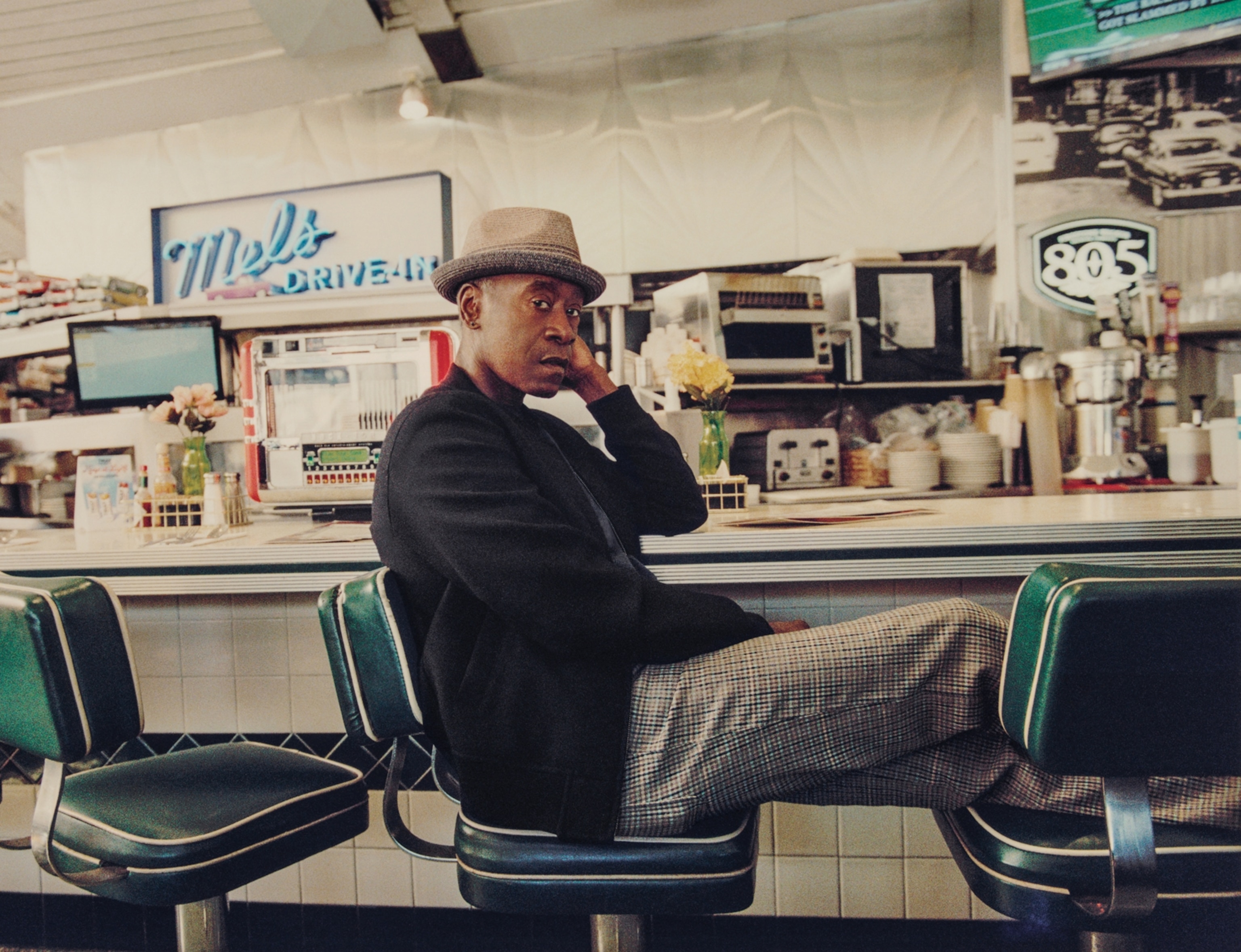
This past January, as fires raged across Los Angeles, Don Cheadle and his wife, alongside tens of thousands of others in the region, were forced to evacuate their home near the Pacific Palisades. “We brought some clothes and things that can’t be replaced—like pictures, paintings from our kids— and that was it,” he says. It was an unusually close-to-home crisis for an actor and activist who has long been accustomed to engaging with them farther afield—as a goodwill ambassador for the UN Environment Programme and as a member of the board of directors for the Solutions Project, which has supported more than 300 community organizations fighting for climate justice in 45 states.
In a way, the fires, which consumed working-class homes and mansions with equal rapacity, were a reminder of how climate emergencies don’t stop to check race, ethnicity, or bank accounts. “It’s a very stark demonstration of the egalitarian nature of a disaster, in the beginning,” Cheadle says, putting special emphasis on the last words. “At the end, we’ll see. Because we know that in situations like these, those who are most vulnerable and have the least representation are the ones who are going to be most damaged and have the least ability to bounce back.”
It’s this clear-eyed perspective that makes Cheadle, 60, a strong advocate for human rights and climate justice. “Don is just super sharp,” says the Solutions Project president and CEO Gloria Walton. “He’s truly engaged. He’s not passive support; he’s active support.” With the Solutions Project in particular, Cheadle continues to highlight racial and gender inequities. Founded in 2013 by actor Mark Ruffalo and two partners, the organization has distributed more than $50 million to frontline communities across America. Most of them—like Rise St. James, which has battled the impacts of the petrochemical industry in Louisiana’s “Cancer Alley,” and Tó Nizhóní Ání, which seeks to protect Indigenous culture and water access on Arizona’s Black Mesa—are led by women of color.
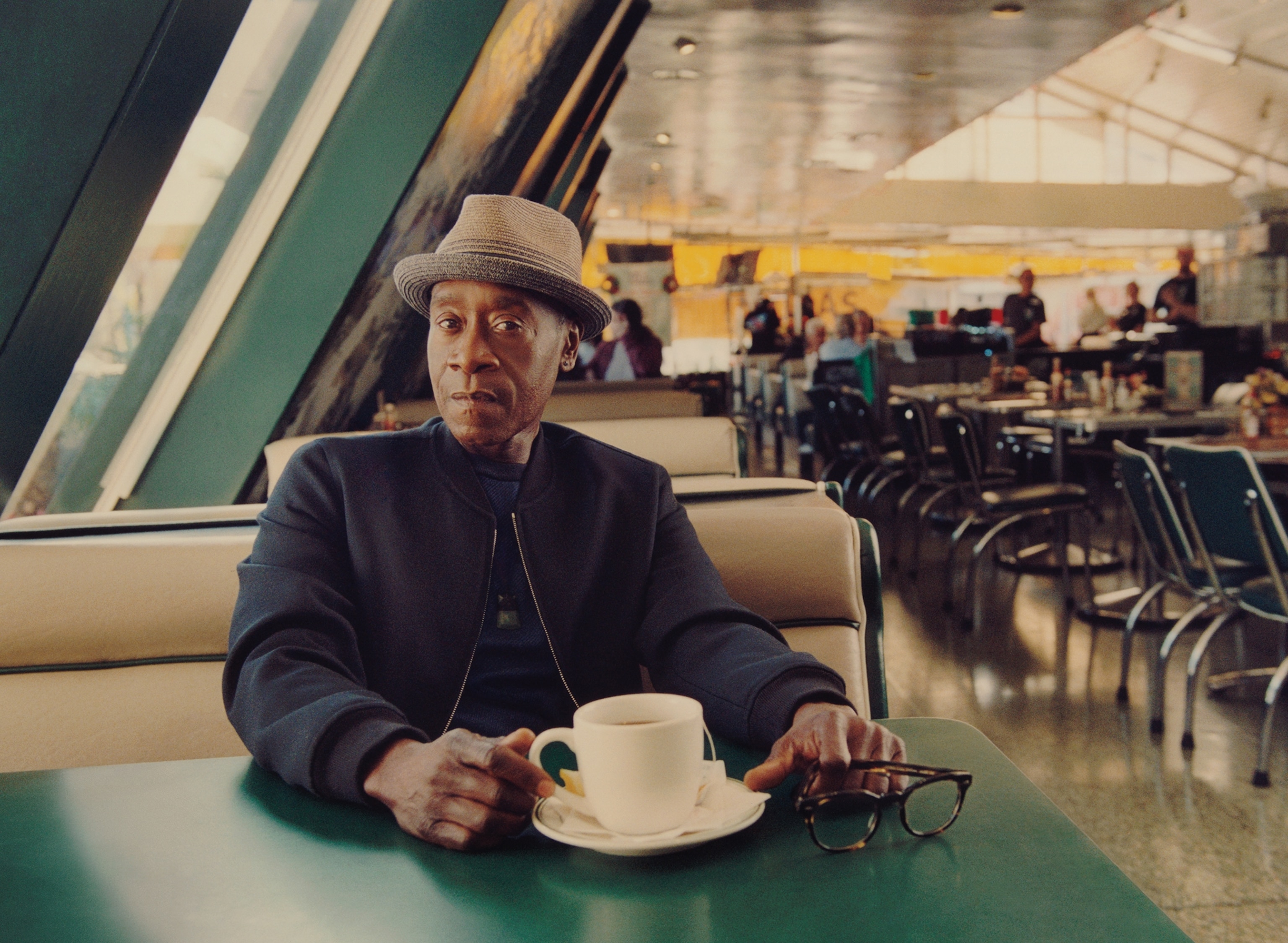
“I’ve always been very concerned about justice and representation,” Cheadle says. “Then when you become a father, every concern in the world falls in your lap. There was nothing I didn't worry about. You start to think about the world writ large and how none of us are going to escape the effects of what happens on this planet.” After his Oscar-nominated performance as hotel manager Paul Rusesabagina in 2004’s Hotel Rwanda, he produced the documentary Darfur Now on the genocide in western Sudan, sometimes referred to as “the world’s first climate change conflict.” As for many, Al Gore’s 2006 documentary An Inconvenient Truth opened Cheadle’s eyes to the urgency of the crisis. “What can we do?” he recalls asking. “And I think when you ask those questions to the universe, the universe answers and goes, Well, how about this?”
He came to the Solutions Project through his work alongside Ruffalo in five Marvel Avengers movies. During downtime on set, the two would have long discussions about activism. Eventually, Ruffalo asked him to join the board. “He said, ‘I’m working with this project, and right now it’s just a lot of white guys and a couple white women,’” Cheadle remembers. “We really don’t have representation that’s inclusive of those who are finding themselves in need of this kind of support.”
Cheadle has remained intentional about how movie stardom can direct attention to such endeavors. “Often celebrities, or whatever you want to call us, are trying to get out of the spotlight, while the people who are championing these issues can’t get in,” he says. Of course, the L.A. fires demonstrated two things: that the line between out and in when it comes to climate change is blurry and will only grow more so. And that Cheadle intends to stay engaged, whichever side he’s on.
